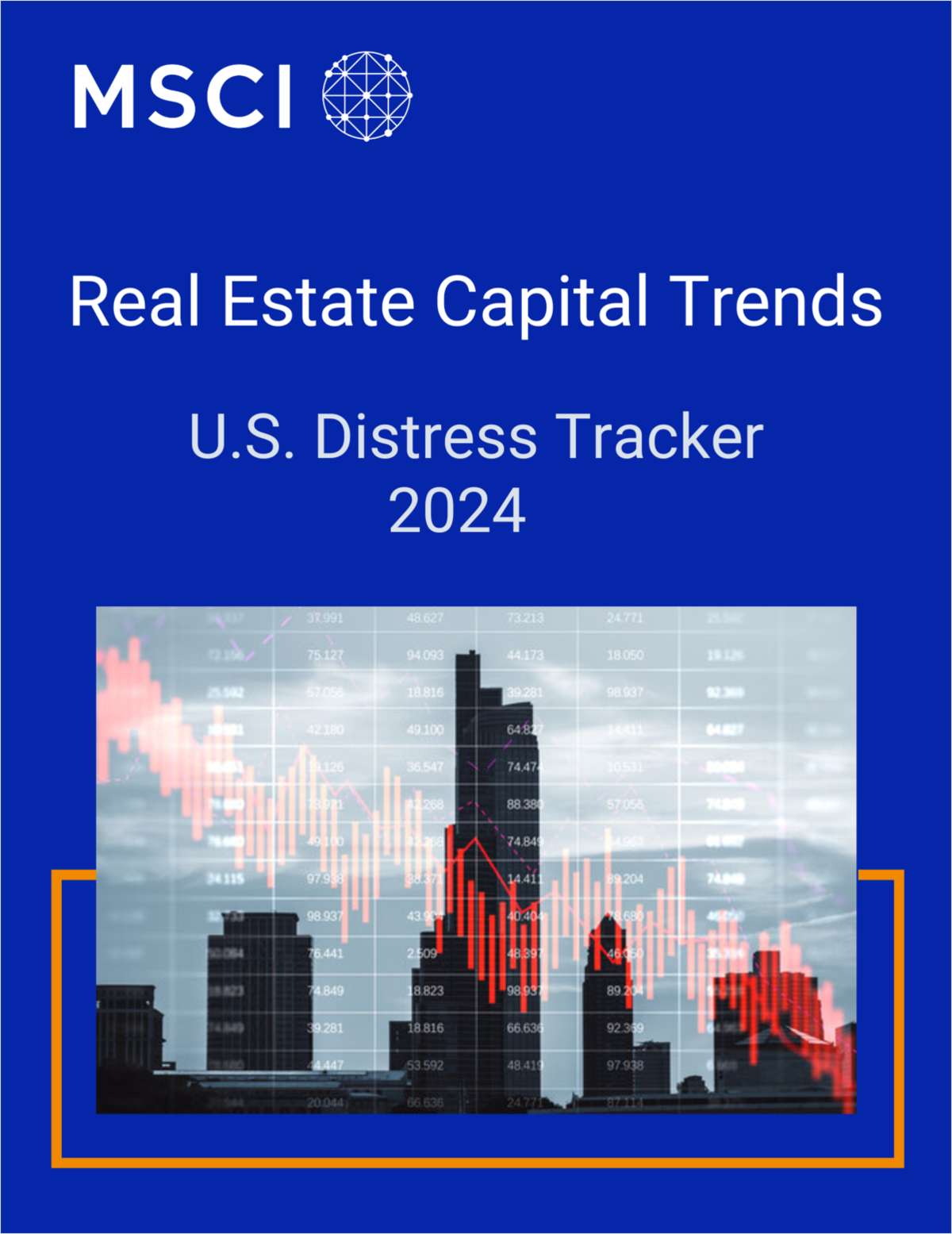SHERMAN OAKS, CA-It is evident that many private equity funds are itching to pull the trigger and are buying distressed real estate, according to locally-based Robert Leveen, a senior vice president of Lee & Associates investment services group. Leveen was recently appointed to the company’s investment group to specialize in the acquisition and disposition of multifamily properties throughout Southern California.
GlobeSt.com What is the current state of the investment market as we wait for a real recovery—or a double dip?
Leveen: The investment market is seeing signs of life. There are many private equity funds formed solely for the purpose of acquiring distressed commercial real estate. It is evident that they are itching to pull the trigger and are buying. Their underwriting points to a recovering economy and the opportunity to add value to distressed property and dispose of it at a lower CAP rate. The national market is so vast, I cannot comment on what is occurring. In large coastal urban centers, where CRE is always at a premium, many seasoned investors look to other states for the right deal. Many California investors were buying in Arizona and Las Vegas for several years. Those markets overheated and with the onset of the recession, those areas took a huge hit. Then, several of my clients turned to Texas. That economy has better withstood the recession. But, there are plenty of investors who went there and have lost their properties. Recently, in Cincinnati, a 260-unit distressed property was not attracting the interest of local investors in the tri-state area. I brought in a Los Angeles-based investor in a 1033 exchange, who acquired it all cash at less than 50% of the outstanding debt. Although distressed as a result of defaulting on LIHTC bonds, the property had been stabilized by the receiver and was generating significant income. My client saw the benefit of long-term ownership of a lower income property, especially because it had been rehabbed by the prior owner. Assets like these are great to acquire as the rehabilitation costs were borne by the prior owner and the foreclosing lender. A buyer can acquire these types of assets at significant discounts, which were not available over the last few years.
Continue Reading for Free
Register and gain access to:
- Breaking commercial real estate news and analysis, on-site and via our newsletters and custom alerts
- Educational webcasts, white papers, and ebooks from industry thought leaders
- Critical coverage of the property casualty insurance and financial advisory markets on our other ALM sites, PropertyCasualty360 and ThinkAdvisor
Already have an account? Sign In Now
© 2024 ALM Global, LLC, All Rights Reserved. Request academic re-use from www.copyright.com. All other uses, submit a request to [email protected]. For more information visit Asset & Logo Licensing.








